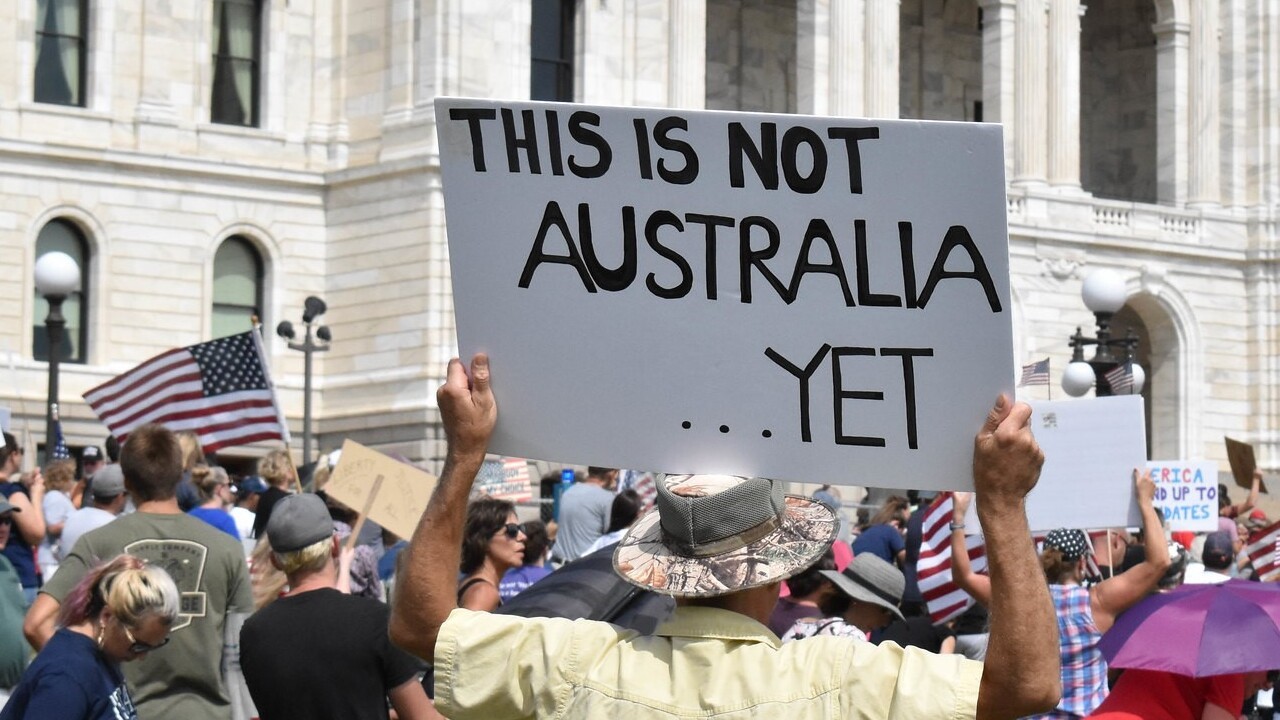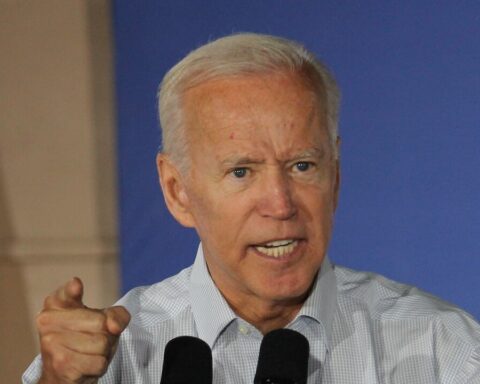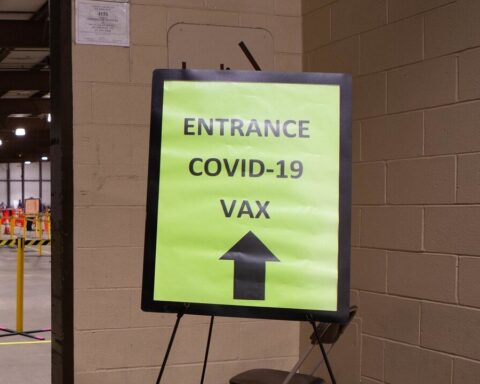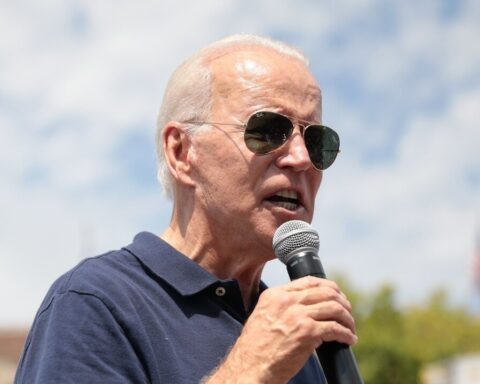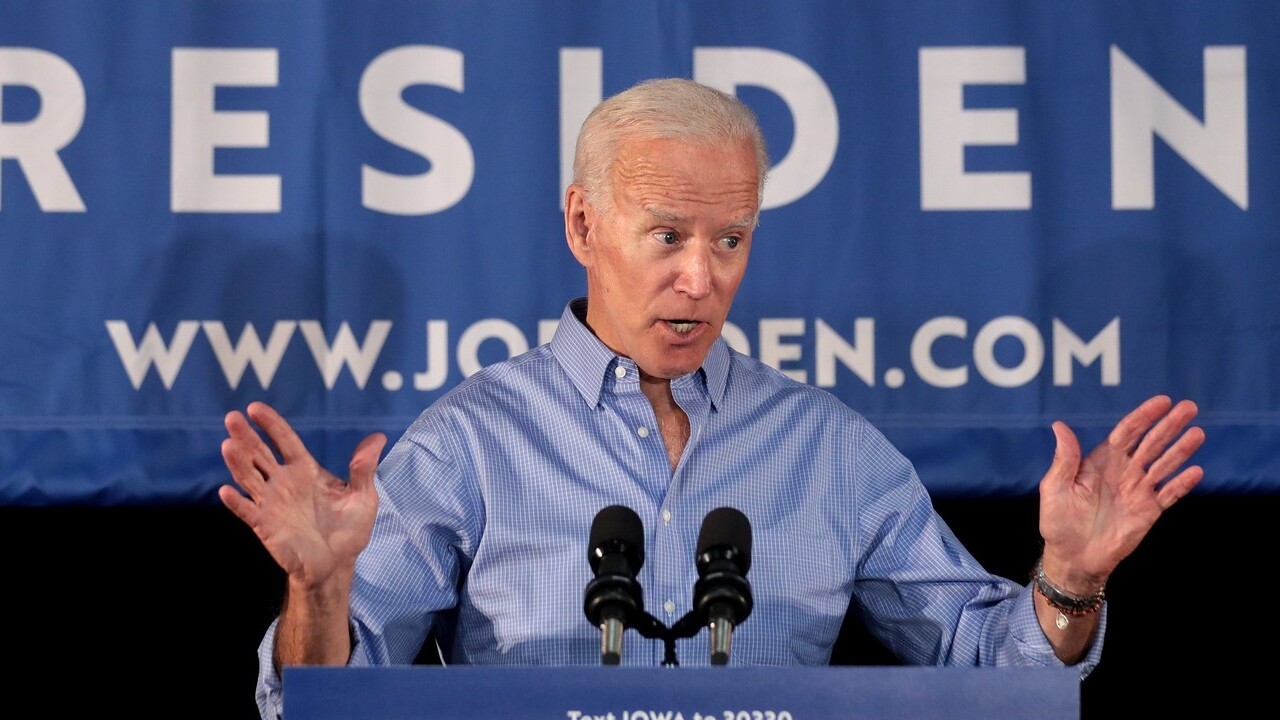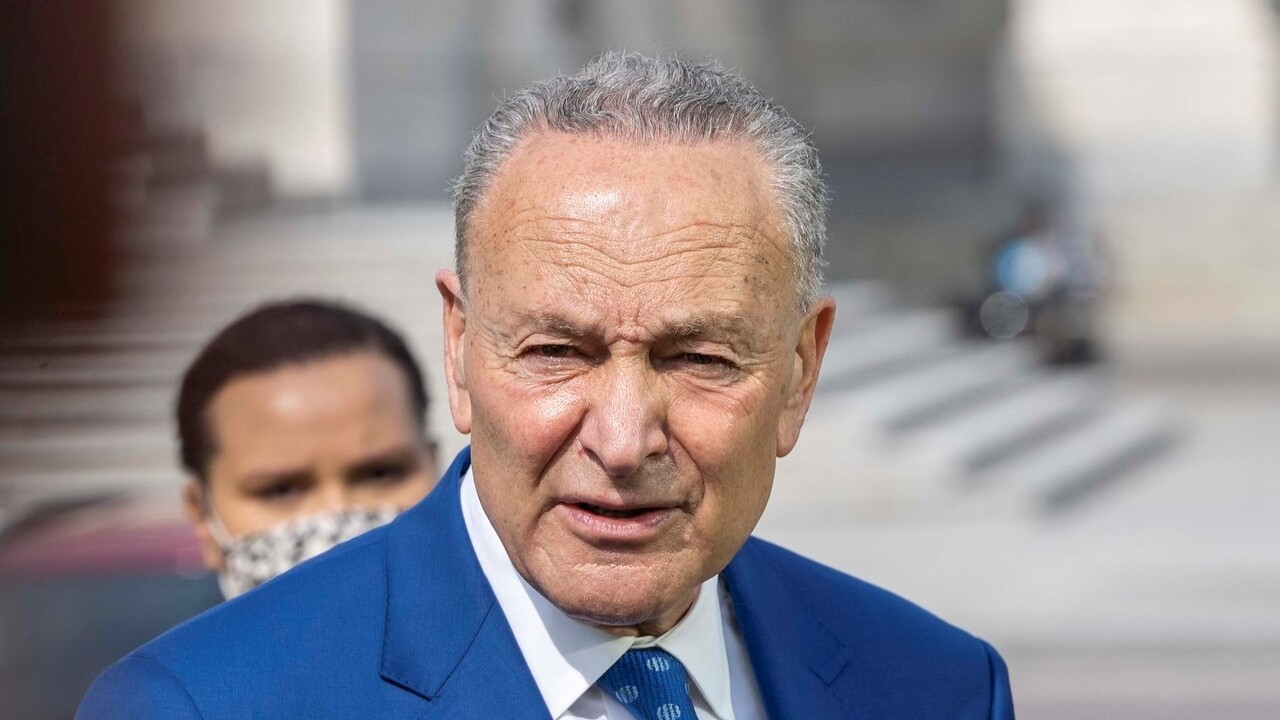Two weeks ago, President Joseph R. Biden announced his intention to order the Department of Labor to compel all employers of more than 100 persons to require all their employees to be vaccinated against COVID-19 or be fined $14,000 per day for each unvaccinated employee. The Department of Labor will collect the fines.
Biden’s legal advisers probably informed him that the federal government is without authority to compel individuals directly to receive vaccinations, and if it were, the compulsion would need to come from Congress — which writes the laws — not from the president, who enforces them.
But the same advisers no doubt told the president that the feds are possessed of authority to tell employers whose businesses affect interstate commerce how to run their businesses. For a government that can’t pay its own bills without borrowing $2 trillion a year, can’t comply with the regulations it imposes on the rest of us, and can’t follow the Constitution its officers have sworn to uphold, it is a sick joke that it can second-guess management of private businesses.
By using private businesses to enforce his dictates, is the president doing indirectly what the Constitution prohibits the federal government from doing directly?
Here is the backstory.
The federal government is one of limited powers — limited to what the Constitution delegates to it. One might not know this if one has not engaged in serious study of the Constitution and the history of its tortuous treatment by Congress and the Supreme Court, as it appears today that nearly everything is regulated by the feds.
I once asked five of my smart colleagues on live television to look around the studio and see if they could find anything not regulated by the feds. From the lights illuminating us to the clothes we were wearing to the equipment that was broadcasting us to the furniture upon which we all sat, none of my colleagues could find anything unregulated by the feds.
All these regulations were enacted or authorized by Congress. None was from a dictate by the president. The limitations on the federal government are written in the Constitution and in its amendments. But, whenever it wants to do so, Congress has exceeded those limitations, and the courts have almost always upheld Congress.
So, what was written to enable Congress to keep interstate commerce regular is now so twisted that Congress can regulate all activity that uses money, even that which is not commercial, even that which is not interstate, and even that which is so infinitesimal as to be economically immeasurable.
Stated differently, the Supreme Court has so obsequiously deferred to Congress when it comes to interstate commerce that the court has permitted Congress to do what the Constitution was written to prevent it from doing — regulating private property.
But in some areas, like speed limits on highways or the blood alcohol content of drivers sufficient to justify a DWI prosecution, even Congress has recognized its lack of authority. The congressional solution — bribe the states. Thus, Congress offered hundreds of millions of dollars to the states to repave federal highways if they lowered both their speed limits and the maximum blood alcohol content of their drivers before DWI prosecutions were indicated. The Supreme Court upheld this under the spending power of Congress.
Stated differently, while Congress cannot regulate every area of human endeavor, it can spend federal dollars on any area of human endeavor. And it can attach strings to those expenditures. When South Dakota told Congress it would take its money to repave highways but it won’t lower the speed limits on them, the Supreme Court sided with Congress. You want the cash, you get it with strings. You don’t want the strings, you can reject the cash.
The same is the case with respect to Congress’ power to tax. While Congress cannot order me to eat broccoli, it can tax me if I don’t.
Now, back to private employers enforcing a rule written by the president. The spending and taxing power can only be employed by legislation. Congress, and only Congress, can do indirectly what it cannot do directly; and it can only do so by offering cash for compliance or imposing taxes for noncompliance.
In the case of Biden’s Department of Labor mandates, there is no cash offered or tax threatened, as only Congress could do so. Rather, a penalty is threatened, which only the courts can impose after a trial. Thus, the president — who cannot write laws or impose sanctions — may not lawfully do indirectly what he cannot do directly.
Why doesn’t Biden ask Congress for legislation compelling vaccines? First, it wouldn’t pass Congress. And second, Congress would need to compensate employers for administering this Orwellian surveillance or pay for federal employees to administer vaccines. Either way, there is no political will in Congress, or constitutional authority, for it to tell ordinary Americans that they must put an experimental drug into their arms.
Can the president compel employers to enforce a federal program at their own expense? In a word: No. The 13th Amendment prohibits involuntary servitude. Compelling persons and entities to work against their will and without just compensation is the definition of involuntary servitude, otherwise known by its more descriptive name — slavery.
One can see the utter disregard the Biden administration has for constitutional norms. It wants the president, not Congress, to write rules of personal and corporate behavior. It wants the Department of Labor, not the courts, to be judge and jury when those rules are disregarded. It wants private persons and entities to work for the federal government against their will and with no compensation, in violation of the 13th Amendment.
All this can happen only if we let it. But, because the 13th Amendment only prohibits involuntary servitude, the feds can surely enslave us when we are timid enough to consent.
Judge Andrew P. Napolitano is the youngest life-tenured Superior Court judge in the history of the State of New Jersey. Now, Napolitano works as Fox News’ Senior Judicial Analyst, Judge Napolitano broadcasts nationwide on the Fox News Channel and the Fox Business Network, and lectures nationally on the U.S. Constitution, the rule of law, civil liberties in wartime, and human freedom. He also writes a week column, nationally syndicated by Creators.


